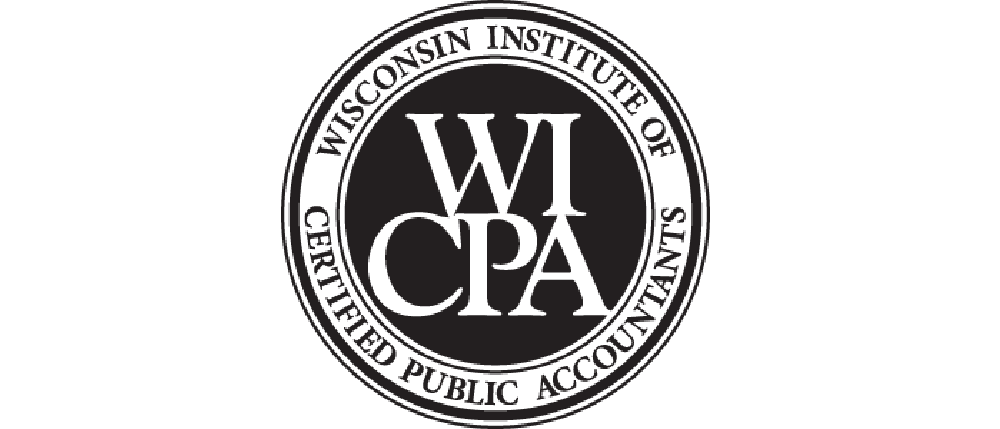- Individual taxpayers can postpone filing their 2020 federal income taxes until Monday, May 17.
- Taxpayers can also delay their federal income tax payments for the 2020 tax year—which would traditionally be due on April 15, 2021—until May 17, 2021, without penalties or interest.
- Taxpayers who pay estimated tax payments because their income is not subject to tax withholding—i.e., self-employment income, interest, dividends, alimony or rental income—CANNOT delay their estimated tax payments due on April 15, 2021; these payments will still be due on April 15.
- This relief is automatic. Taxpayers do not need to file any forms or call the IRS to qualify for postponement of their federal tax filing or payment relief.
- The postponed deadline only applies to federal income returns and tax payments, including tax on self-employment income, not state tax. However, many states will follow the IRS in pushing back the tax deadline and Wisconsin is in discussion about extension.
Keep in mind this extension is optional; if you are ready to file, feel free to file when you are ready.
Many taxpayers have already filed their 2020 taxes; however, due to the American Rescue Plan Act of 2021, there are several tax law changes which could impact your return. The newly issued $1,400 economic impact payments, increases to the child tax credit, and tax forgiveness from unemployment money are all situations in which your tax return may need reconfiguring. If you filed your taxes before the tax benefits of the pandemic relief bill were signed into law, you may file an amended return. If you have yet to file your return, the extended filing deadline may give you the time you need to collect the appropriate information for your tax preparer to make the most of this pandemic relief.
Should you have any questions about the individual filing deadline extension, making amendments to your return, or the impact of the newest stimulus bill on your 2020 return, reach out to a KerberRose Trusted Advisor for assistance.








